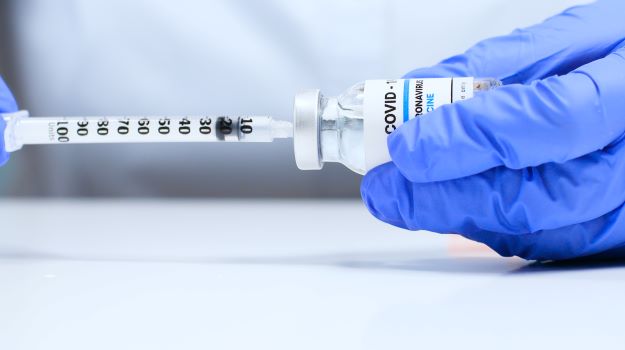The Corporate Accountability and Public Participation Africa (CAPPA) has alerted the Nigerian government to the possibility of the Canadian government approaching it to accept the Medicgo COVID-19 vaccine (Covifenz), which the World Health Organisation (WHO) has reportedly not approved.

The WHO is said to have refused to approve the Medicago vaccine because Philip Morris is a major shareholder in the pharmaceutical company. Public health groups across the globe including in Canada are said to support the WHO decision and called on the Canadian government to find a suitable investor to replace Philip Morris in the company’s shareholding. Medicago has reportedly signaled that it is seeking alternative investors and want the Canadian and Quebec governments to help facilitate such a transition, which however has not happened.
In a statement issued in Lagos on Tuesday, April 26, 2022, CAPPA said that as signatory to the WHO’s first public health treaty, the Framework Convention on Tobacco Control (WHO-FCTC), Nigeria should remain committed to its obligations including Article 5.3, which advised Parties to insulate their public health policy from the vested and commercial interests of the tobacco industry.
Guidelines for implementing this obligation make clear that “the tobacco industry should not be a partner in any initiative linked to setting or implementing public health policies, given that its interests are in direct conflict with the goals of public health.” Parties are directed that they “should not endorse, support, form partnerships with or participate in activities of the tobacco industry described as socially responsible.”
CAPPA Executive Director, Akinbode Oluwafemi, said: “In as much as we appreciate the Canadian government for supplying COVID-19 vaccines to Nigeria, we urge our government to be circumspect and ensure the product is not the Philip Morris funded Covifenz. An industry that kills its customers and the rest of us who are exposed to tobacco via secondhand smoke cannot lead the way in solving either the tobacco menace or the coronavirus pandemic.“
Oluwafemi explained that Philip Morris is primarily a manufacturer of lethal products and continues to actively oppose smoking reduction measures across the globe including in Nigeria where its executives through well publicised articles promote heated tobacco products as a less harmful alternative to cigarettes despite overwhelming evidence to the contrary.
Through an initiative called the Conrad Nigeria Challenge, Philip Morris-funded Foundation for Smokefree World (FSFW) supports young people in the education sector who are made to believe that the tobacco company is socially responsible and a stakeholder in public good.
“With at least nine other WHO-approved vaccines that are not tainted by tobacco companies’ funding in COVAX kitty, Nigeria is not obliged to accept vaccines tainted with industry funding. In fact, Nigeria can contact COVAX directly to obtain the approved products,” Oluwafemi noted.
Echoing the position of public health groups in Canada, Oluwafemi said rather than pose as a front for Philip Morris that the Canadian government should stand for public health by replacing Philip Morris shareholding in Medicago and stop partnerships that violate its FCTC Obligations.
“The control of one pandemic should not compromise another. COVID-19 vaccines or any other health product from companies with ties to the tobacco industry are not welcome in Nigeria. The acceptance of the Philip Morris vaccine and its use violates the FCTC Article 5.3.,” he insisted.
